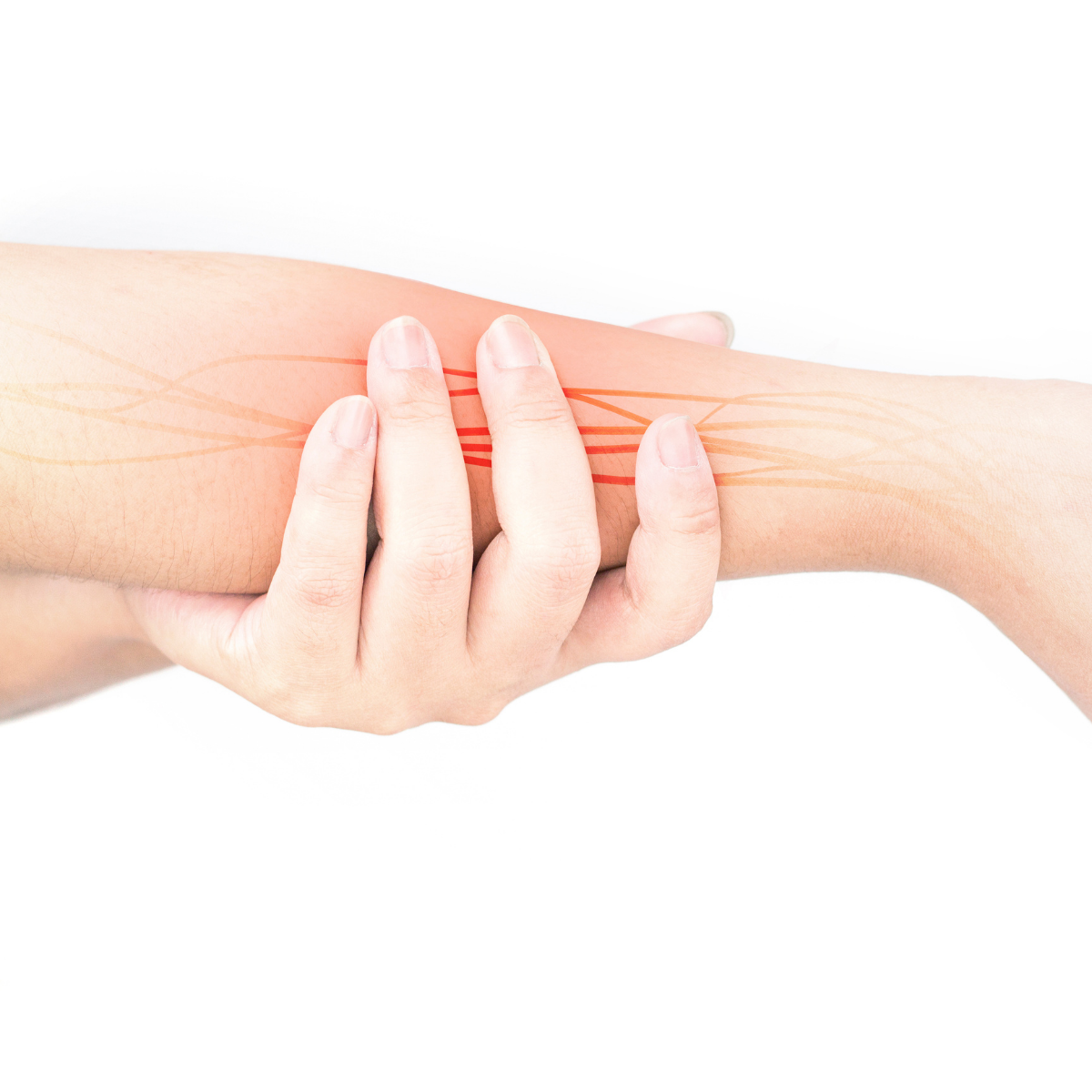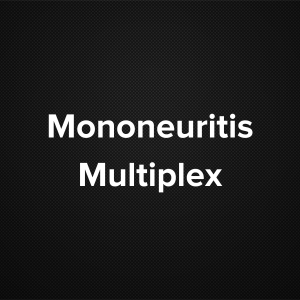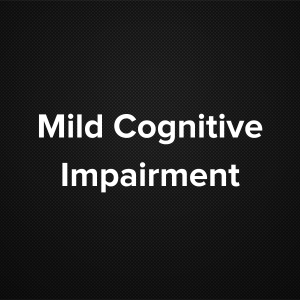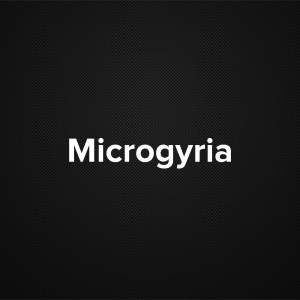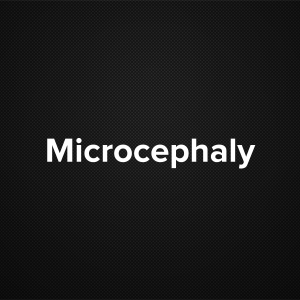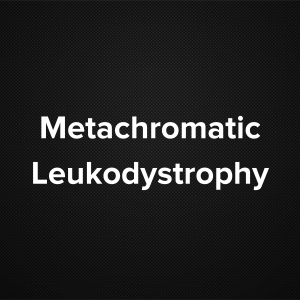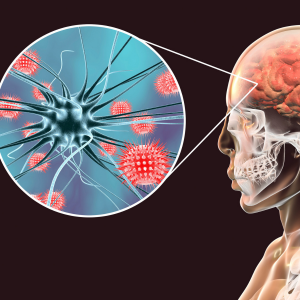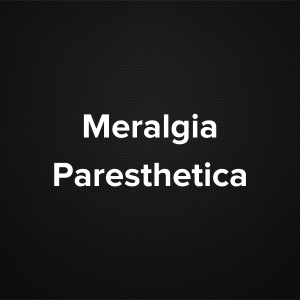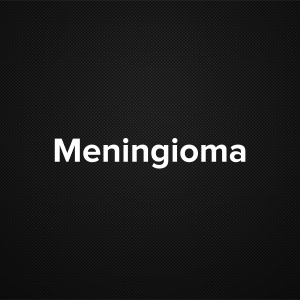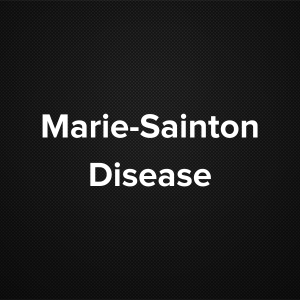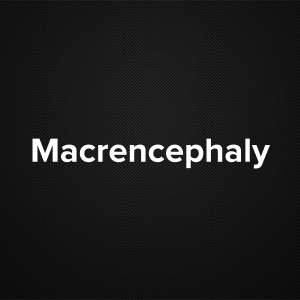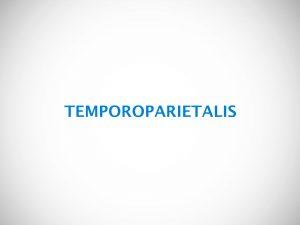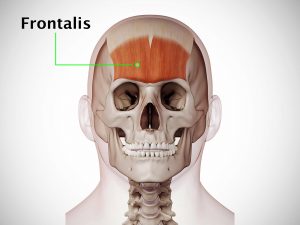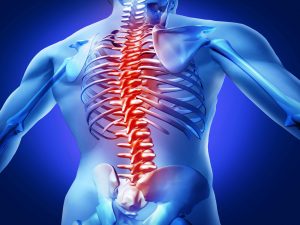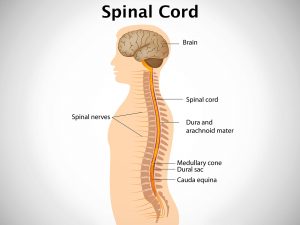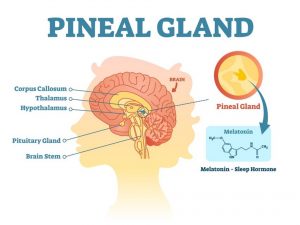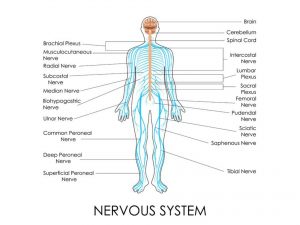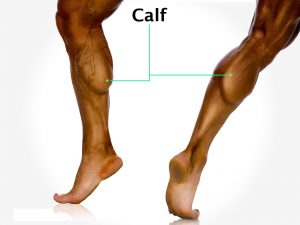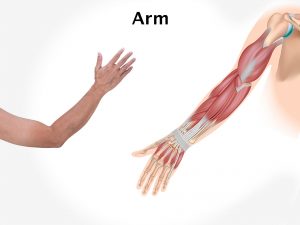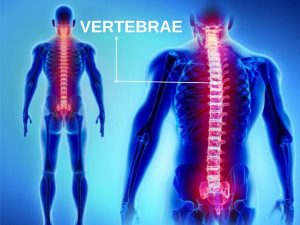Causes and risk factors
Unlike any other injury to the bone, tendon, or muscle, trauma is one of the major causes of nerve injury. Strong blow or fall or gunshot injuries is the common cause of nerve injuries. Vehicle accidents can lead to compression of the nerves. Excessive stretching or traction can damage the nerve fibers. Injuries to the nerves are also caused during injections of certain medications. Diseases or injury to the spine or head are other contributing factors seen.
Clinical presentation:
Nerve injury is classified into five types depending upon the extent of the injury. First-degree injury is characterized by local loss of conduction at the site of injury; however, the loss of sensation is reversible. In second-degree injury, there is loss of continuity of the axon, which can be corrected by surgical means. In third-degree injury, recovery varies as per the individual as there is severe damage to the axon and its surrounding structures. In fourth-degree injury too the axon and its surrounding structures are damaged and nerve regeneration is hampered. Fifth-degree nerve injury is a severe form characterized by breaking of the nerves into two parts.
The complaints vary as per the nerve affected. Damage to the autonomic nerve hampers the functioning of the bladder along with sexual dysfunctioning. Gastric motility decreases leading to constipation. Dryness of eyes along with excessive sweating or anhidrosis occurs. There is a loss of sensation of pain. Tingling and numbness along with weakness or twitching occurs in cases of motor nerves affection. Paralysis is also seen. Along with the other complaints, decreased sensitivity and burning pains are felt in sensory nerve injuries.
Investigations:
Diagnosis is done on the basis of the symptoms narrated by the patient and the physical examination carried out by the neurologist. Nerve conduction test along with EMG are done. MRI scan or CT scan or MRI neurography can be done if necessary.
Treatment:
Surgical repair is the choice of treatment. Fixing the damaged nerve is the main aim of the surgery. In severe cases, nerve grafting is done. Physical exercises along with acupuncture and massage are the other helpful treatments which will help to speed up the recovery.
Other Modes of treatment:
Certain other modes of treatment can also be helpful in coping up with the symptoms. Taking into consideration the symptoms in a holistic way, homoeopathy can offer a good aid for the relief of the symptoms. The Ayurvedic system of medicine which uses herbs and synthetic derivates can also be beneficial in combating the complaints. Certain yoga exercises can also be helpful in strengthening the muscles. Acupuncture which is the science of insertion of fine needles on certain stimulating spots on the body has been proven to be effective.
